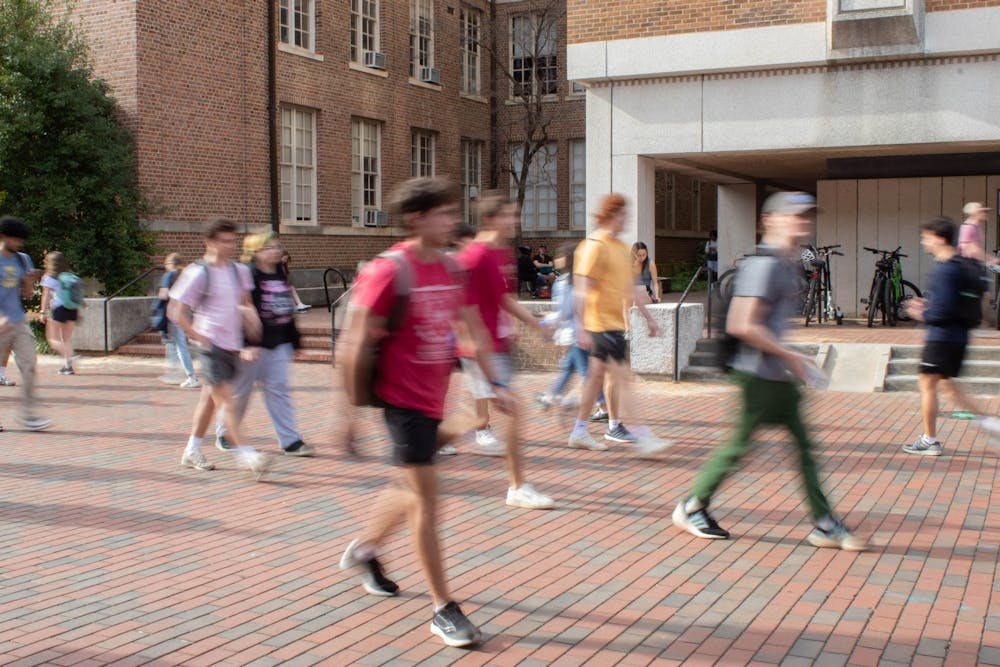Editor's Note: This article contains mentions of suicide.
*
*
*
On February 11, N.C. State University confirmed and began mourning its fifth suicide of of the academic school year. The grieving process was not unlike that faced by UNC students in fall 2021, a semester in which our campus grappled with four suicides.
Despite UNC and NCSU being the two of the largest public universities in the UNC System, they both face serious challenges combatting mental health crises on campus.
Last month, NCSU's Student Mental Health Task Force released a report that found even before the onset of the COVID-19 pandemic, 34 percent of students surveyed grappled with some form of depression. Meanwhile, 12 percent responded that they had experienced suicidal ideation within the last year.
With the pandemic causing a 27.6 percent increase in cases of major depressive disorders worldwide, it's not a far leap to assume that these numbers have increased for college students, too.
Despite the fact that college students are continuing to be the victims of a mental health crisis, our universities are failing to properly prioritize and recognize the necessary solutions. It is their duty to provide students with the programs and resources needed to battle the life-threatening reality of today's mental health crisis.



